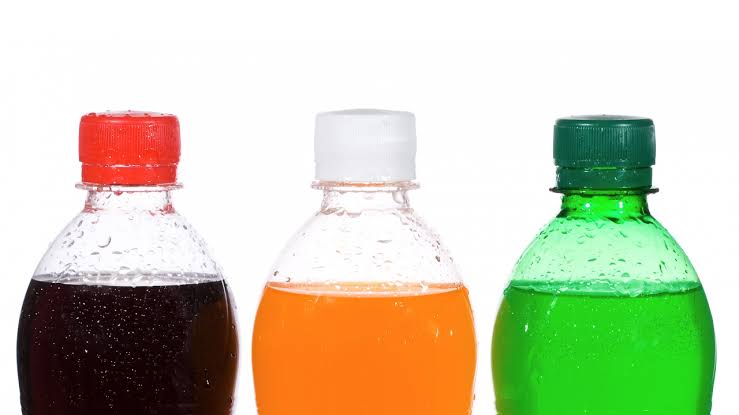Food and beverage manufacturers will no longer be permitted to include Brominated Vegetable Oil (BVO) as an ingredient in their products.
The US Food and Drug Administration has prohibited BVO owing of safety concerns. The component was employed to keep flavourings from separating in citrus drinks.

The restriction takes effect on August 2, 2024, giving producers an extra year to reformulate items and deplete current supplies.
As some older stock may still be in circulation, people should continue to verify the ingredients indicated on products to “avoid BVO,” according to a statement from the Centre for Science in the Public Interest, which said the ban was long overdue but essential.
BVO aids in the blending of liquids and is included in roughly seventy soft drinks and beverages, the majority of which have citrus flavours and brilliant colours, according to Consumer Reports, which cited an Environmental Working Group (EWG) database.
Eight months after the FDA proposed the ban, the agency announced it, citing animal research that suggested the chemical would have negative impacts on human health.
In 1970, the FDA found that BVO was not generally recognised as safe, and many beverage manufacturers replaced the component with substitutes throughout the following decades.
Many beverages on the market today contain BVO, but some have stopped using the component.
“Toxic additives like BVO that have been shown to pose toxic risks to the thyroid and other chronic health problems should not be allowed in our food,” said Brian Ronholm, director of food policy at Consumer Reports.
“We’re encouraged that the FDA has re-examined recent studies documenting the health risks posed by BVO and is taking action to prohibit its use.”
California outlawed four food additives in October, including BVO, which was already prohibited for use in food in the majority of European countries. The FDA outlawed BVO use because of possible health hazards.
BVO, which the FDA formerly deemed safe, has been connected in studies to weariness, problems with muscular coordination, and damage to the nervous system. The prohibition comes after a 2022 study that discovered BVO buildup in rats’ critical organs.
In Essence
The FDA’s ban on Brominated Vegetable Oil (BVO) marks a significant step in addressing long-standing health concerns. BVO has been under scrutiny for decades due to its potential health risks, including thyroid issues and other chronic health problems.
This decision aligns the US with many European countries and California, where BVO is already banned.
The transition period until August 2, 2024, will allow manufacturers time to reformulate their products. However, consumers should remain vigilant and check ingredient labels, as some older products containing BVO may still be in circulation.

















